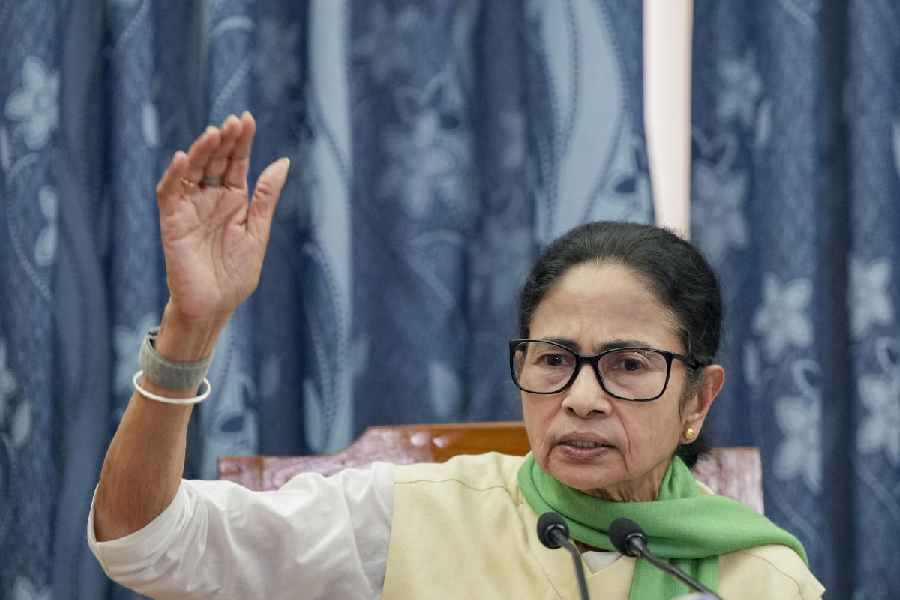A two-judge bench of the Supreme Court on Wednesday referred to CJI B.R. Gavai for consideration by a larger bench the issue of the constitutional validity of Sections 1(4) and 1(5) of the Right to Education Act that exempts madrasas and vedic pathshalas from the purview of the legislation.
A bench of Justices Dipankar Datta and Augustine George Masih was hearing a PIL filed by law student Nitin Upadhyay challenging the RTE sections as being unconstitutional as they violated the right to free and compulsory education for children aged 6-14 years.
According to the petitioner, the RTE, introduced through Article 21A, was inserted as “a purposive complement to Articles 14 (equality), 15 (non-discrimination), 16 (equality in public employment) and 21 (life and personal liberty) and as an imperative mechanism for implementing the social-justice and welfare objectives of Articles 38, 39, 46 and the Preamble.
Upadhyay argued that the RTE Act, as originally enacted, effected that mandate by guaranteeing free, compulsory, universal and inclusive elementary education for all children aged 6-14 through common curricular standards and mandatory minimum-qualification requirements for teachers.
The petitioner contended that “Sections 1(4) and 1(5) undermine this constitutional design by exempting minority-managed institutions, madrasas, vedic pathshalas and other schools imparting religious instruction, from the core obligations of the RTE Act”.
“That arbitrary classification violates the equality guarantee of Article 14 by creating an irrational distinction between children based on the label of their school, and it defeats the non-discrimination imperatives of Articles 15 and 16 by denying uniform quality education to socially and economically disadvantaged students in minority institutions,” the petitioner submitted.
He said the free and compulsory education mandate of Article 21 must be read harmoniously with the State’s directive principal duties under Articles 38, 39 and 46. “The purposive thrust of those provisions demands a single, value-based elementary curriculum and uniform teacher-qualification criteria for all schools. Sections 1(4) and 1(5), by excusing an entire class of institutions from those requirements, frustrate the constitutional objective of placing every child on an equal footing,” the petitioner argued.










